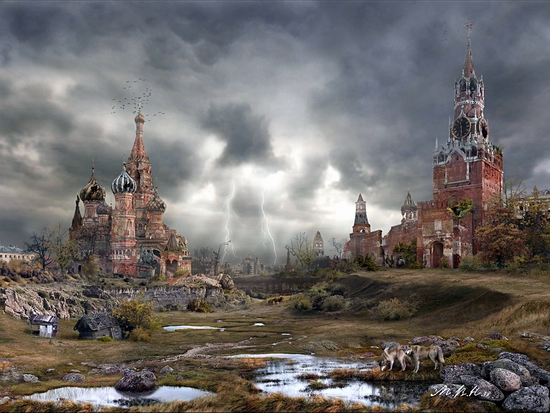In light of the new European war, instigated by Russian aggression, there are some eerie coincidences in the history of February 25. Have a look at some of them.
With the Treaty of Moscow in May, 1920, Russia formally recognized the Democratic Republic of Georgia. That part of the world had in the past been dominated by the Tsarist Russian Empire, but after the 1917 Revolution in Russia many territories asserted their independence. Georgia had been protected by Germany, but when Germany was defeated at the end of World War I, the British stationed troops in Georgia. The Treaty of Moscow called for Boshevik Russia to recognize the independence of Georgia, and in exchange the British military would leave. The deal was evidently just a sham, as the Russian army invaded just a few months later. And it was February 25, 1921 that Russian troops took the capital, Tblisi, and declared the Democratic Republic of Georgia was thereafter the Georgian Soviet Socialist Republic.
The Democratic Republic of Georgia had been a constitutional, multi-party democratic republic where women had the right to vote, there were a number of women elected to the parliament, and the first full university was founded in the nation. The Russians put an end to all of that. The government of Georgia fled to France where they functioned as a government-in-exile until the 1930s, when Russia forced its dissolution. But that’s not the only Russian misadventure around the same time of year.
The Russian Soviet NKVD (the “People’s Commissariat for Internal Affairs”) was both the police agency and the secret police force of the early Russian Soviet Union. On February 25 in 1947, NKVD agents kidnapped Béla Kovács, the leader of the majority political party in Hungary. They deported him to the USSR, in spite of opposition from the entirety of the Hungarian parliament. The background of the event was that the Russian Soviet Army had invaded Hungary in 1944, but the country still held elections. The Hungarian Workers Party was the Russian-controlled communist party, but they only got 17% of the vote. The Smallholders Party won 57%, and Béla Kovács was its leader. As such he was entitled to form a government, but the Russian military commander wouldn’t allow it. Instead the commander installed Russian-picked officials into all the key government posts. Béla Kovács and the Smallholders Party continued to resist the Russian efforts, so that’s when they kidnapped him. Back in Russia he was sentenced to 20 years in prison.
Kovács was released in 1956 and returned to help form a new government after the Hungarian Uprising of that year, but the Russians invaded once again. Big surprise. Anyway, let’s get back to Russian actions on February 25.
We need to fast-forward only one year, and move northwest from Hungary to Czechoslovakia. That year February 25 marked a coup d’état by the Russian-backed Communist Party of Czechoslovakia. They seized power, declared a one-party state, and immediately allied with Soviet Russia. What they dissolved this time was the Third Czechoslovak Republic, in which the government had been democratically elected through a multi-party system.
A few years later, in 1956, when Nikita Kruschchev was the leader of Soviet Russia, he made a long speech (all those guys make incredibly long speeches) in which he denounced Stalin, a Russian leader arguably more destructive and murderous than even Adolph Hitler. That didn’t lead directly to any geopolitical aggression on the part of Russia, but might have been a very early indication of that country’s overreach and some cracks forming in the Soviet system. Because exactly 35 years later, on February 25, 1991, The Warsaw Pact was disbanded. The Warsaw Pact was a treaty put together by the Russians and the various states they’d invaded in Eastern Europe. It was based on the NATO alliance in Western Europe, and intended to counter NATO. And after that, Russian aggression disappeared as their economy and most of their society collapsed. Until more recently.
A lesson might be taken from all of this. We could have learned the lesson that Russia’s normal behavior is to invade its neighbors, but now it’s too late for that. So the lesson now could well come into play when the current invasion ends and there’s a period of negotiation. That lesson would be that when Russia signs a treaty, don’t trust them to abide by it.

A possible future for Red Square in Moscow, by Sergei Rzhevsky
